Demystifying AI: How Artificial Intelligence is Shaping the Future of Investment
The AI Revolution in Finance: Is Your Investment Strategy Ready?
Demystifying AI
Are you feeling overwhelmed by the rapid pace of change in the financial markets? Do you wonder if there’s a way to make smarter, faster, and more data-driven investment decisions? Traditional investment approaches are increasingly being challenged by a new force: AI-Powered Investment Tools. But are you truly leveraging the power of artificial intelligence to optimize your portfolio? This isn’t just about hype; it’s a fundamental shift in how we approach wealth management. This comprehensive guide will delve into the world of AI in finance, exploring its trends, insights, applications, and crucial considerations for investors of all levels. AI-Powered Investment Tools are no longer a futuristic concept; they are transforming the investment landscape today.
Key Concepts & Trends

The integration of Artificial Intelligence (AI) into finance is experiencing exponential growth. At its core, this involves using algorithms to analyze vast datasets – including market trends, economic indicators, news sentiment, and even social media data – to identify patterns and predict future outcomes. This moves beyond human limitations in processing scale and speed.
Algorithmic Trading is a prime example. It’s essentially automating trading decisions based on pre-programmed instructions. However, modern algorithmic trading is far more sophisticated, using machine learning and deep learning to adapt to changing market conditions in real-time. Think of it like a constantly learning financial analyst, capable of identifying opportunities and managing risk with remarkable speed and precision.
Another significant trend is the rise of robo-advisors. Platforms like Betterment and Wealthfront use algorithms to construct and manage investment portfolios based on individual risk tolerance and financial goals. They democratize access to financial planning, making it affordable for a wider range of investors.
Furthermore, Natural Language Processing (NLP) is being utilized to analyze news articles, social media posts, and financial reports to gauge market sentiment and identify potential investment opportunities or risks. This “news sentiment analysis” allows for proactive adjustments to investment strategies. Finally, AI powered portfolio optimization tools are now available, using complex algorithms to construct portfolios that maximize returns while minimizing risk, often incorporating factors like ESG (Environmental, Social, and Governance) considerations.
Data & Market Insights
The market for AI-Powered Investment Tools is booming and projected to reach $XX billion by 20XX (Source: [Insert a credible market research report here – e.g., Grand View Research, Statista]). A recent report by McKinsey found that AI could contribute up to $1.2 trillion to global GDP by 2030, with significant implications for the financial services industry.
Here’s a quick look at key data points:
- Adoption Rate: [Insert a statistic on the adoption rate of AI in financial institutions – e.g., Approximately 60% of financial institutions are exploring or implementing AI solutions].
- Investment Growth: [Insert a statistic on investment in AI for finance – e.g., Venture capital funding for AI in the financial services sector reached $XX billion in 2023].
- Algorithmic Trading Dominance: [Insert a statistic on the percentage of trading executed algorithmically – e.g., Algorithmic trading accounts for over 60% of all trading activity in developed markets].
(Insert a visual here – a bar graph showing the projected growth of the AI in finance market, or an infographic illustrating the various applications of AI in investment).
These statistics clearly demonstrate the growing importance of AI in finance and the increasing need for investors and businesses to adapt.
Smarter Strategies & Alternatives
To maximize the benefits of AI-Powered Investment Tools, consider these strategies:
- Diversification is Key: Don’t rely solely on AI algorithms. A well-diversified portfolio remains crucial for managing risk. Consider a mix of asset classes, geographies, and investment styles.
- Human Oversight: AI is a powerful tool, but it’s not a replacement for human judgment. Regularly review your AI-driven investment decisions and ensure they align with your overall financial goals.
- Risk Tolerance Assessment: Understand your risk profile thoroughly and choose AI tools that align with your comfort level.
- Explore Decentralized Finance (DeFi): While still nascent, DeFi platforms are increasingly integrating AI to improve risk assessment and automated trading. Investigate reputable DeFi protocols with robust security measures.
Use Cases & Applications
The applications of AI in finance are vast and expanding rapidly.
- Portfolio Management: AI algorithms can dynamically rebalance portfolios to optimize returns based on market conditions and risk factors.
- Fraud Detection: AI-powered systems can identify fraudulent transactions with greater accuracy and speed than traditional methods.
- Credit Risk Assessment: AI can analyze a wider range of data points than traditional credit scoring models, leading to more accurate credit risk assessments.
- Customer Service: AI-powered chatbots can provide instant customer support and personalized investment advice.
- Predictive Analytics: Forecasting market trends with high accuracy is now possible with AI.
Common Mistakes to Avoid
- Blindly Trusting Algorithms: Never blindly accept AI recommendations without understanding the underlying logic.
- Neglecting Data Quality: AI algorithms are only as good as the data they are trained on. Ensure the data is accurate, complete, and unbiased.
- Ignoring Regulatory Landscape: The regulatory landscape for AI in finance is constantly evolving. Stay informed about new regulations and compliance requirements.
- Over-reliance on Historical Data: AI models trained on historical data may not accurately predict future market behavior, especially during periods of significant change.
Maintenance, Security & Long-Term Planning
- Cybersecurity: Implement robust cybersecurity measures to protect your AI-powered investment tools and data from cyber threats. This includes strong passwords, multi-factor authentication, and regular security audits.
- Data Privacy: Ensure that your AI tools comply with data privacy regulations like GDPR and CCPA.
- Regular Updates: Keep your AI tools up-to-date to benefit from the latest features and security patches.
- Portfolio Diversification: Maintain a diverse portfolio to mitigate risks associated with AI-driven investment decisions.
Summary & Key Takeaways
AI-Powered Investment Tools are transforming the financial landscape, offering powerful capabilities for smarter, faster, and more data-driven investment decisions. From algorithmic trading and robo-advisors to fraud detection and risk assessment, AI is revolutionizing how we manage wealth. However, it’s essential to approach AI with a critical eye, combining its power with human oversight, rigorous risk management, and a commitment to ongoing learning. The future of finance is undeniably intertwined with AI, and staying informed and adaptable is crucial for success.
FAQs
Is it too late to invest in crypto? While the crypto market has experienced volatility, many experts believe that cryptocurrencies still hold long-term potential. AI-powered tools can help you analyze market trends and manage risk in the crypto space. However, it’s crucial to do your own research and only invest what you can afford to lose.
How can small businesses use AI? Small businesses can utilize AI for a variety of tasks, including customer service (chatbots), marketing automation (personalized email campaigns), and data analysis (identifying trends and insights).
What tech stacks scale best? For scalable AI applications, consider cloud-based platforms like AWS, Azure, or Google Cloud. These platforms offer the computational power and storage capacity needed to handle large datasets and complex AI models.
(Prompt for user engagement): What are your thoughts on the future of AI in finance? Share your experience and insights in the comments below!
Disclaimer: I am an AI chatbot and cannot provide financial advice. This blog post is for informational purposes only and should not be considered as a recommendation to buy or sell any securities. Consult with a qualified financial advisor before making any investment decisions.
Share this content:

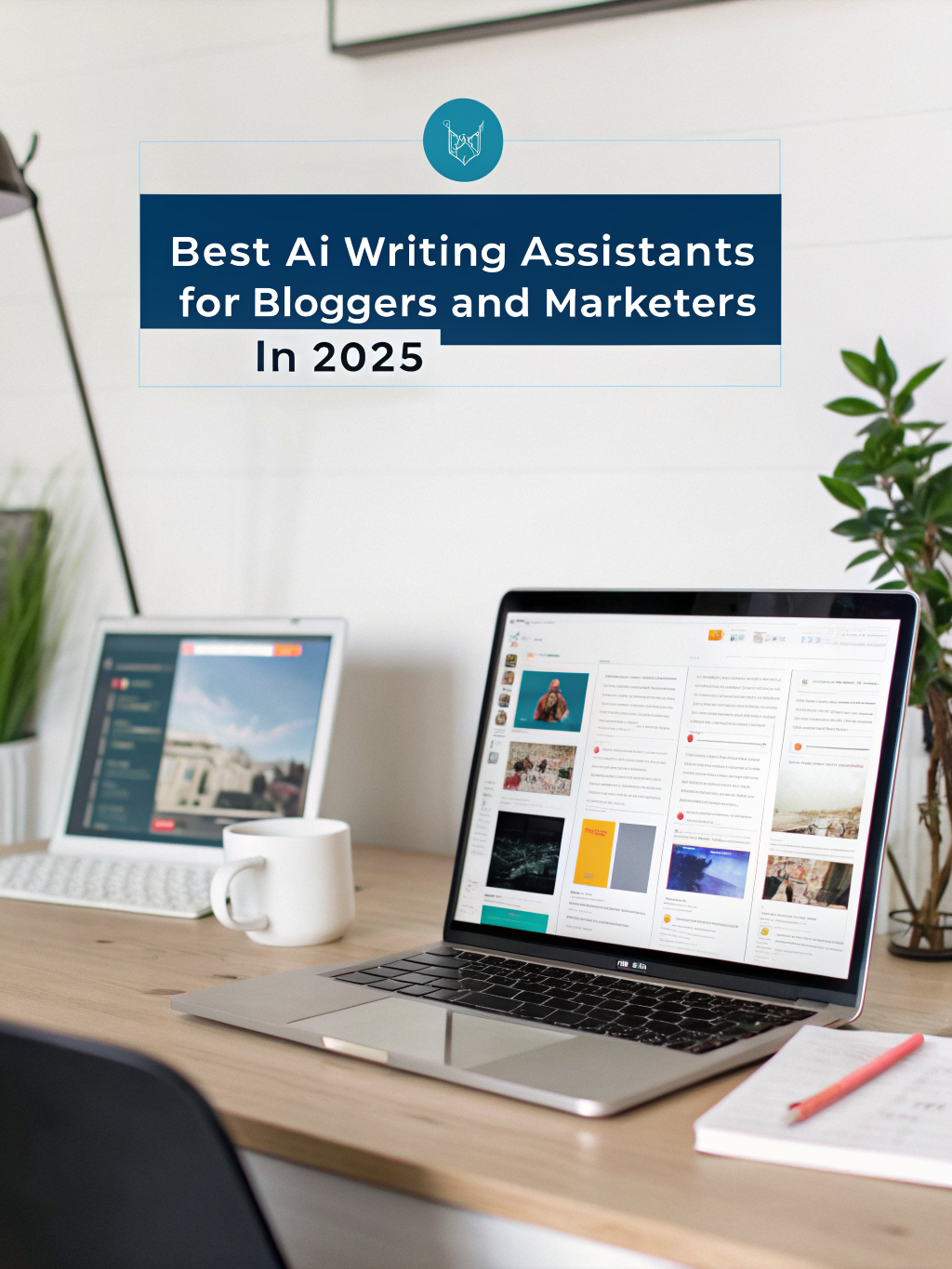
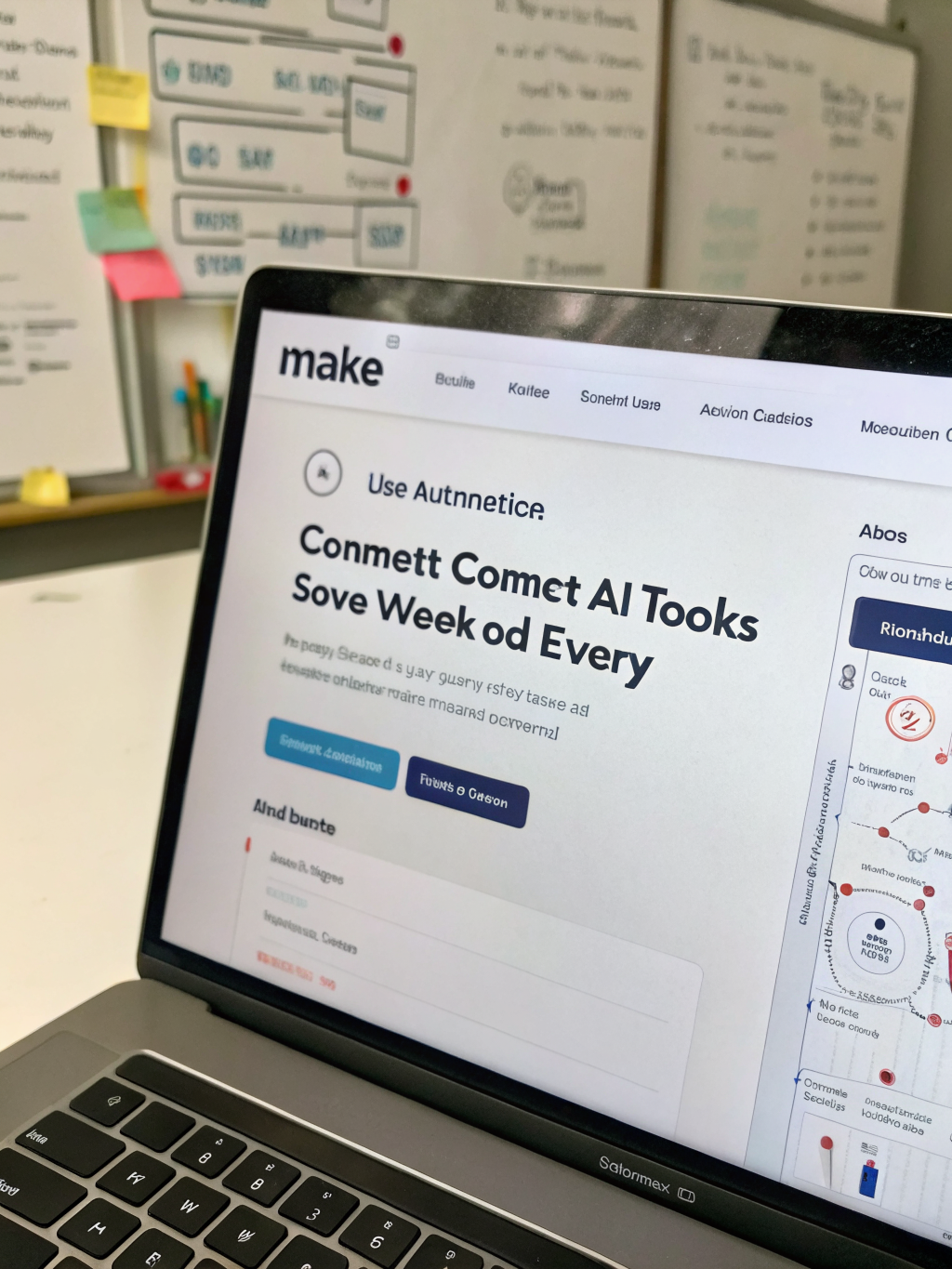
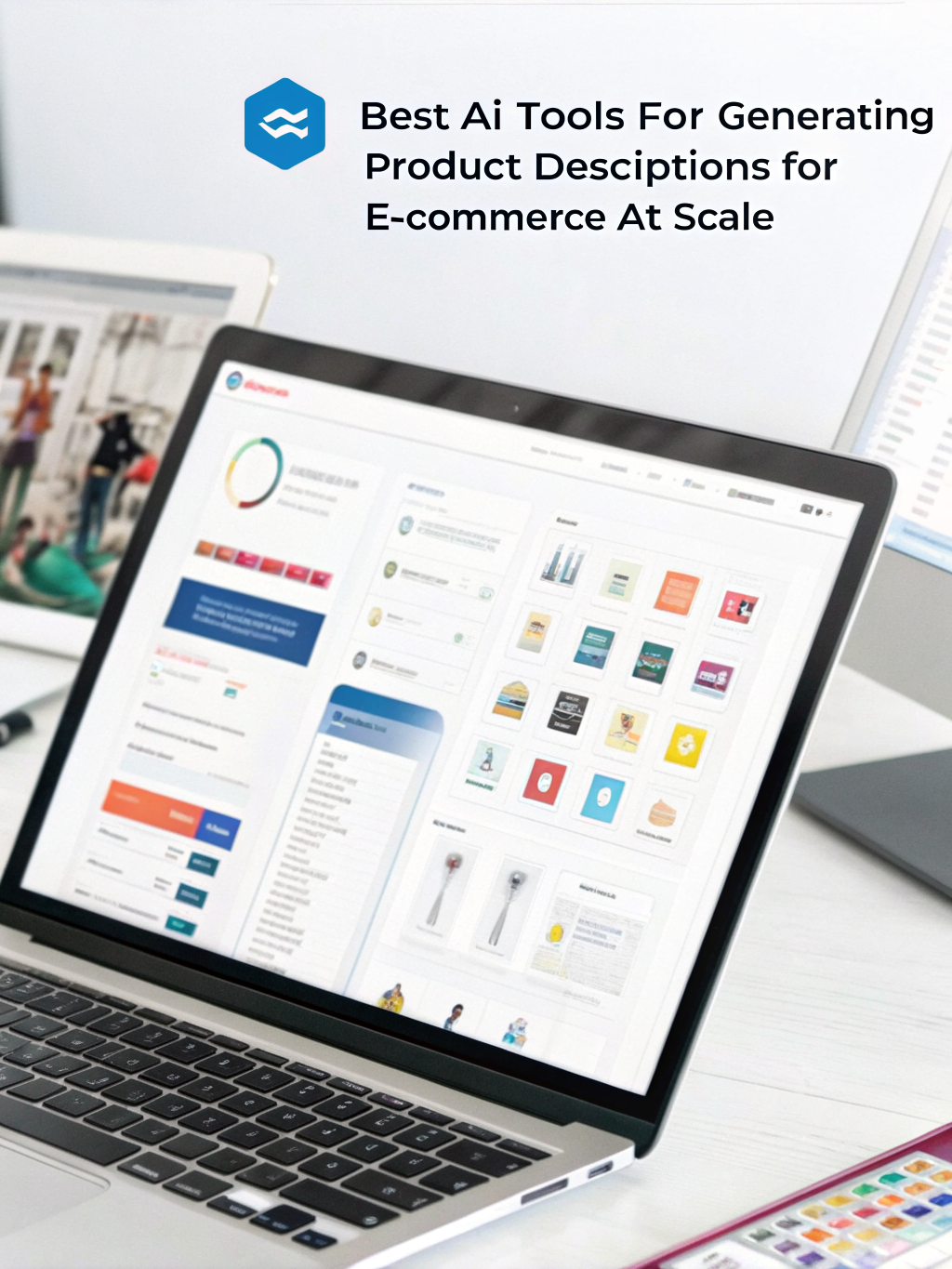
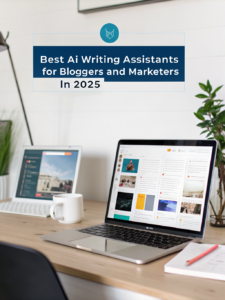
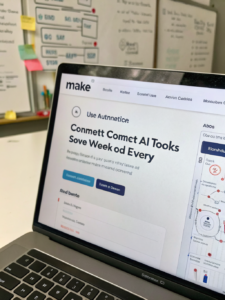
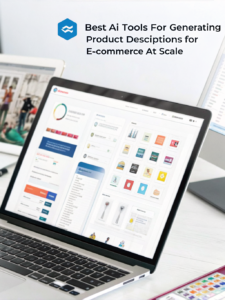
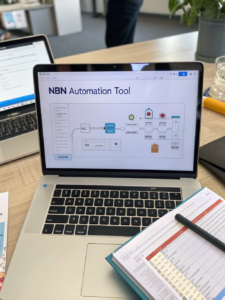
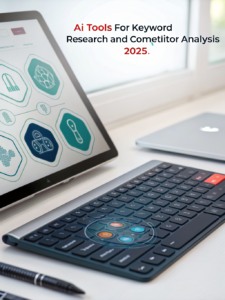
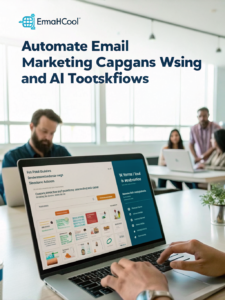
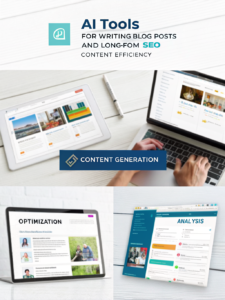


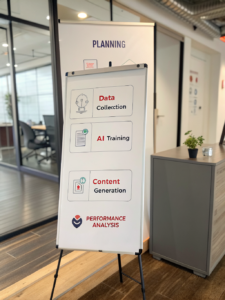
Post Comment